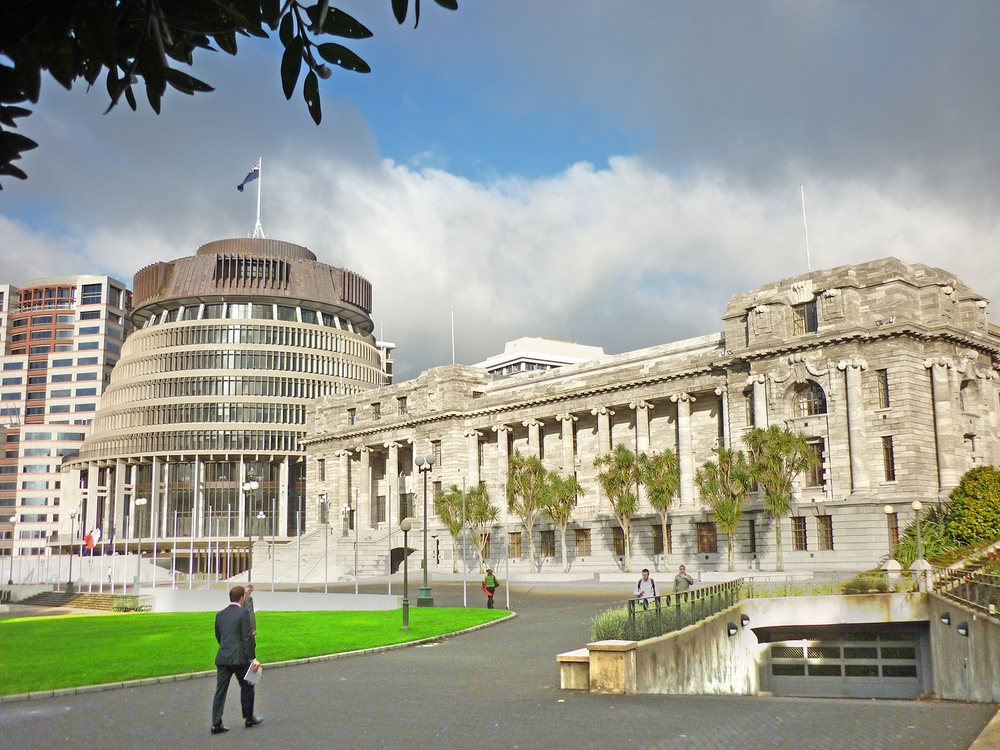Enticing Millennials into New Zealand’s Public Sector
The public sector is ageing. A whole generation of baby boomers is about to retire, and it’s expected that government organisations may face a talent crisis if they don’t start attracting more millennials.
In New Zealand, the proportion of the public service workforce aged over 55 has increased in the last 15 years, from 10 per cent in 2000 to 23.8 per cent in 2016, the State Services Commission reports.
The benefits and retirement options that are traditionally associated with public service employment simply aren’t attracting young people, and it’s clear the sector needs to alter its recruitment practices if it is to survive demographic change.
How can we make New Zealand’s public sector attractive to millennials?
1) Emphasise opportunities to do good
On big issues millennials feel more accountable than influential, a Deloitte report has found.
Millennials want their work to matter. 55 per cent of respondents to a Millennial Impact Report said that a company’s involvement in causes was a top reason why they’d take a job.
However, on big issues millennials feel more accountable than influential, a Deloitte report found. For example, 59 per cent said they felt responsible for protecting the environment, but only 38 per cent said they could influence it. Meanwhile, 53 per cent believe they are accountable for social equity, but again, only 33 per cent say they can do anything about it.
The public sector (much more so than the majority of businesses) has the ability to offer a direct influence over the big issues of the day, and therefore is an excellent option for millennials seeking to do good. Government organisations need to emphasise these opportunities from the beginning on career sites and in job descriptions in order to attract the best young talent.

Millennials want their work to have an impact on big issues, such as environmental and societal change.
2) Make the hiring process shorter
One of the key difficulties that government organisations around the world encounter when it comes to recruitment is the length of the hiring process. Many public sector positions require far more stages than private sector ones, with background checks tending to be more extensive.
On average, the best candidates are off the market within 10 days.
When you think that, on average, the best candidates are off the market within 10 days (Officevibe reports), it’s hardly surprising the public sector can sometimes struggle to win over top talent.
Although the speed (or lack of) that background checks occur often can’t be altered, communication can be. It’s good practice to regularly inform candidates of what stage their applications are at, with online portals often a great way to provide updates.
Likewise, it’s important to look at the stages of the hiring process itself to see whether all parts are necessary. Does a candidate really need to be interviewed multiple times for a particular job, for example? Could a simple phone call replace an initial interview?
Working out how you can shorten the hiring process will go a long way in attracting the best talent to the public sector.

It’s important to make the hiring process shorter to attract the best talent.
3) Emphasise career development and flexible work
Historically, traditional benefits and retirement options are what the public sector has relied on to appeal to candidates. However, an Accenture report has found that millennials are less likely to be attracted to the public sector by these things than their older counterparts.
A PwC survey has found the benefits most sought after by millennials at work are firstly personal learning and career development, followed by flexible working hours. The public sector must ensure these opportunities exist in the workplace and advertise them accordingly to attract young people.
If government is going to be effective, it needs to engage more young people. At present, millennials are being drawn by the lure of private business. However, if the public sector emphasises its significant ability to impact change, shortens its hiring process and alters the way it advertises benefits, it will still be able to hire the best.
Are you looking to hire for your public sector organisation? The executive recruitment specialists at JacksonStone can help. Contact us today for more information.

The public sector needs to start attracting millennial talent in order to survive.



